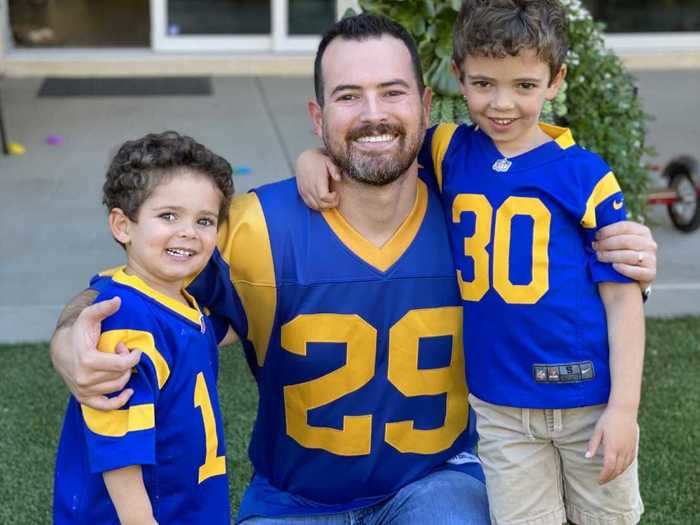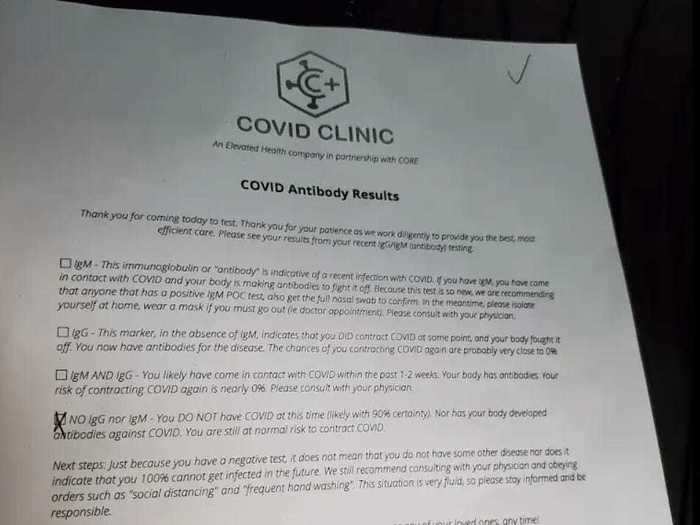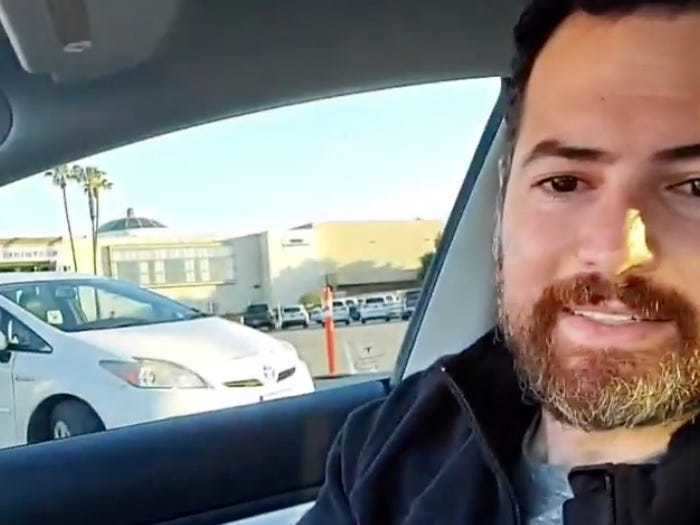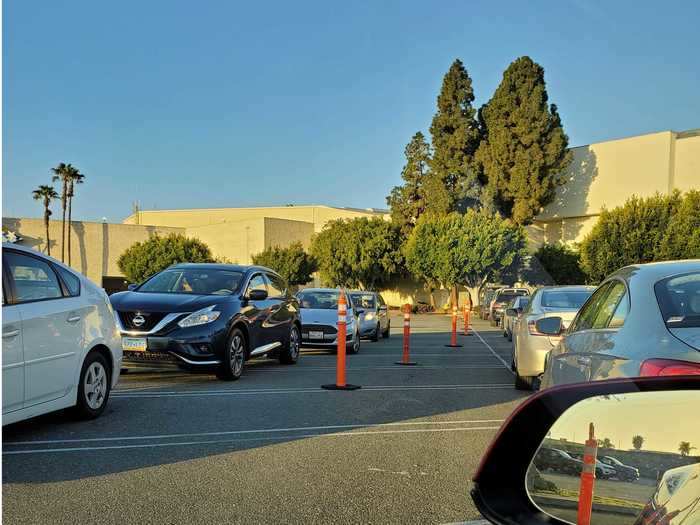I waited in line for more than 2 hours to take the coronavirus antibody test and got my results in 10 minutes — here's what it was like
As told to Laura Casado
- Jon Rettinger is a tech journalist who lives in Southern California with his wife and three young children.
- On April 16, Rettinger went to get tested for the coronavirus antibodies, thinking that he may have contracted the illness earlier this year and now might be able to donate his blood plasma to researchers working on a cure.
- After waiting in line with more than 100 other cars, Rettinger got the results of the finger-prick test: Negative for COVID-19 as well as the coronavirus antibodies.
- Despite his results, Rettinger encourages others to get the antibody test if they think they were exposed: "It may put your mind at ease, and you'll have the opportunity to donate antibodies to help be part of the cure."
- Visit Business Insider's homepage for more stories.
A tech and consumer electronics journalist, Jon Rettinger is also the founder and former president of TechnoBuffalo.com, a technology and gadget review site. He lives in Southern California with his wife and three children.
Like millions of Americans, he's been following the news about the pandemic. His family had been sick with flu-like symptoms at the end of February, and Rettinger recently began to wonder if it was the coronavirus that made them sick.
After hearing about a nearby drive-up testing site for the coronavirus antibodies, he headed there early in morning on April 16, hours before the testing facility opened at 9 a.m. He wanted to find out if he had already contracted and recovered from the illness months ago, without even knowing it.
This is his experience, as told to Laura Casado.
READ MORE ARTICLES ON
Popular Right Now
Popular Keywords
Advertisement




